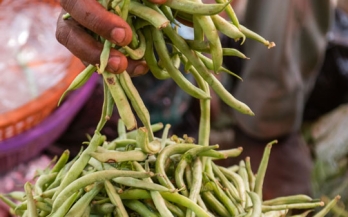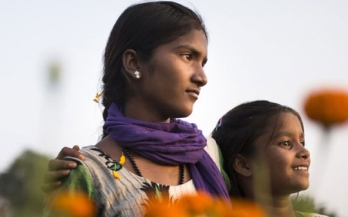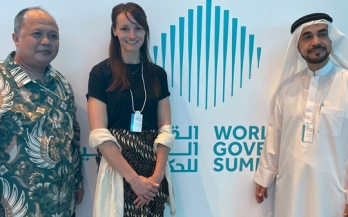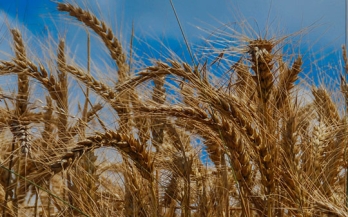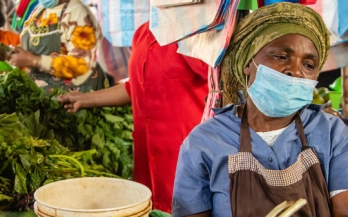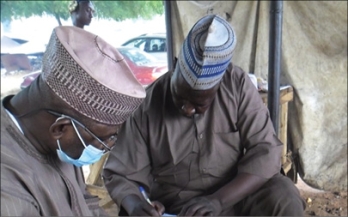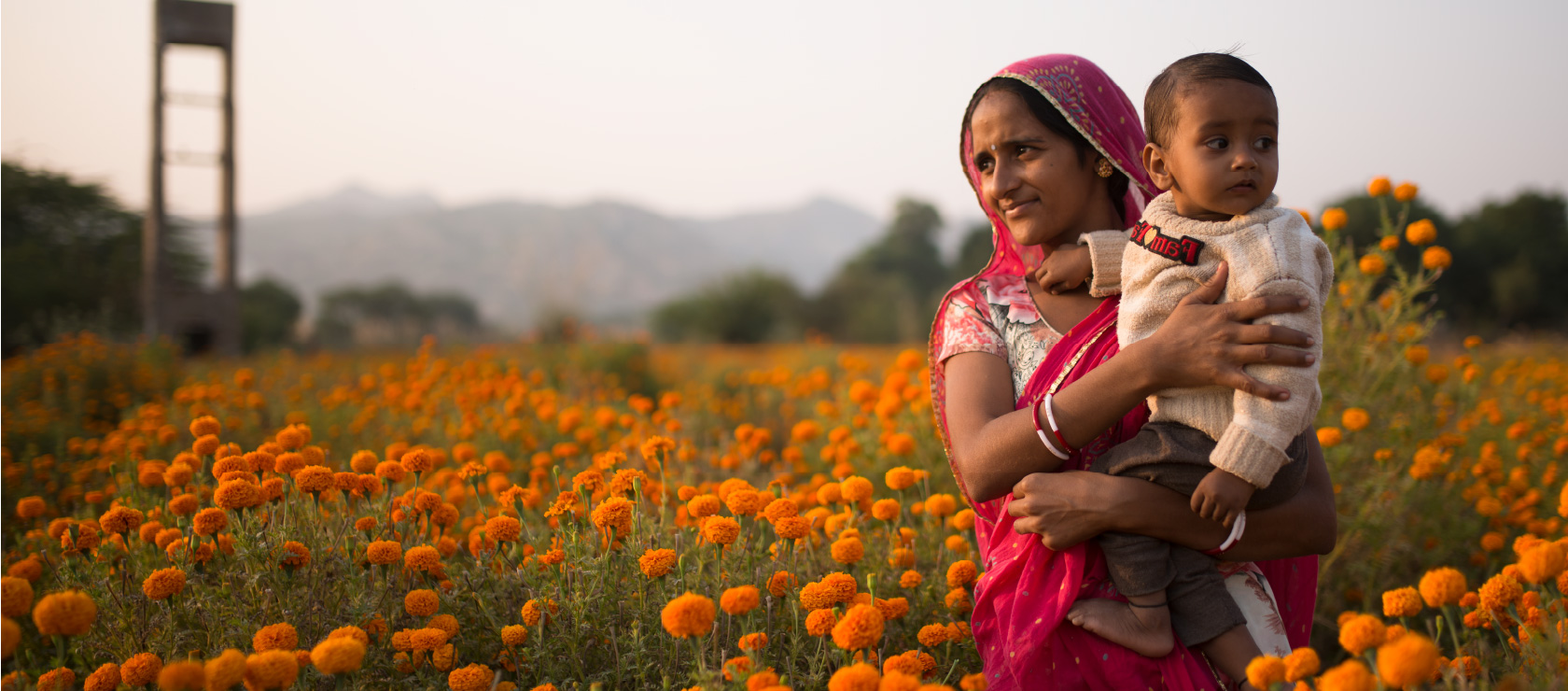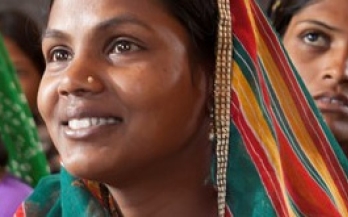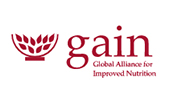Our Executive Director Lawrence spoke to the Politico Global Insider podcast on what can be done to reallocate food and change farming incentives, and why he believes in telling consumers the “true price” of food.
GAIN is delighted to welcome Ms. Wubet Girma as the new Country Director, Ethiopia. Ms. Girma is an international development and cultural relations professional with over 15 years' experience, a track record of leadership in Non-Governmental Organisations - vested in the acceleration of human, social, and economic capital.
In Ethiopia and Nigeria, food safety is a pressing issue – in 2019, 33% of surveyed Ethiopian and 20% of surveyed Nigerians experienced serious harm from food and water, leading to illnesses, malnutrition, stunting in children, and even death.
The Global Health 50/50 Gender and Health Index 2022, a barometer of institutional performance around gender and governance is launched today. The Gender and Health Index assesses the gender-related policies and practices of 200 global organisations that aim to promote health and/or influence global health agendas and policy.
The Indonesia Postharvest Loss Alliance for Nutrition (I-PLAN), an innovative initiative founded by GAIN with support by the Ministry of Foreign Affairs of the Kingdom of the Netherlands, was recognized today by winning the Best Practices Award in Sustaining Urban Food Systems from the Dubai International Award for Best Practices.
The war in Ukraine has brought into sharp relief how tenuous some of the staple foods we take for granted can vanish. The situation is dire and threatens world’s food security, with many GAIN countries directly affected.
In mid-2020, GAIN developed the Keeping Food Markets Working (KFMW) programme as an emergency response to the COVID-19 crisis, providing rapid support to food system workers, to small and medium enterprises supplying nutritious foods and to keeping fresh food markets open.
Use EatSafe's new, interactive Food Price Tool to explore how the COVID-19 pandemic impacted food prices in traditional markets in Bangladesh, Ethiopia, Kenya, Mozambique, Nigeria, and Tanzania.
The war in Ukraine is a catastrophe for that country and for the world. The loss of food production and exports from Ukraine (and to some extent Russia) will push world food prices up as the lack of supply fails to meet demand. High energy prices due to the loss of production, trade and the sanctions imposed will do the same, making food production, distribution and preparation more costly. Higher food and fuel prices will lower people’s income for other necessities such as clean water, sanitation and health care.


